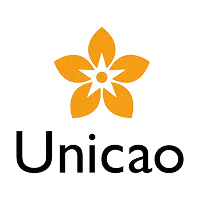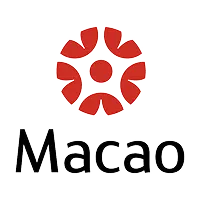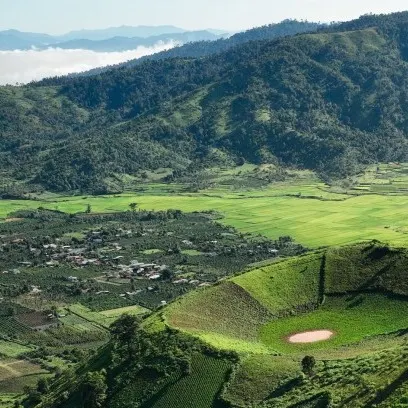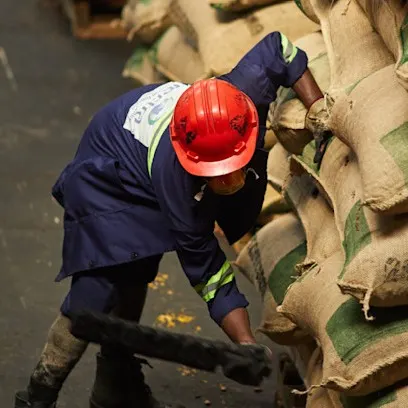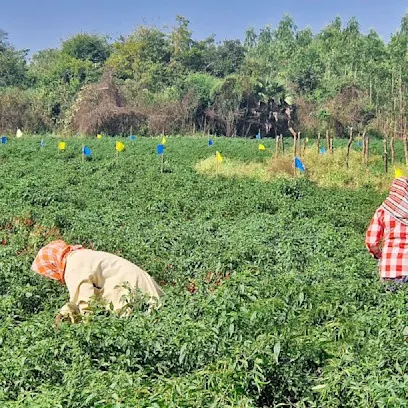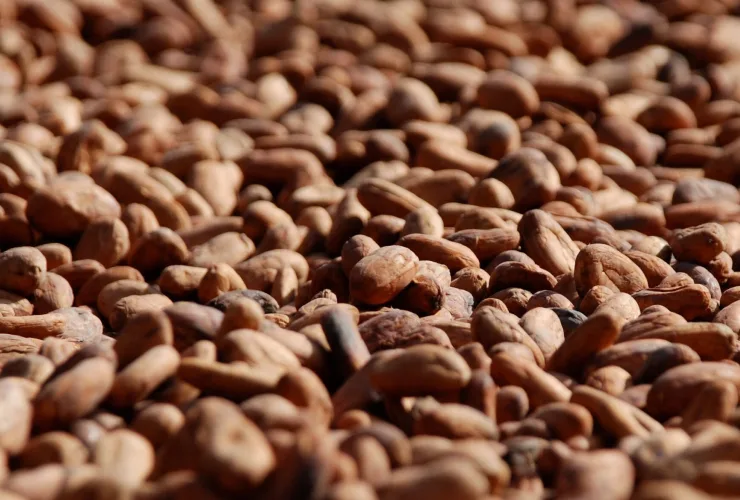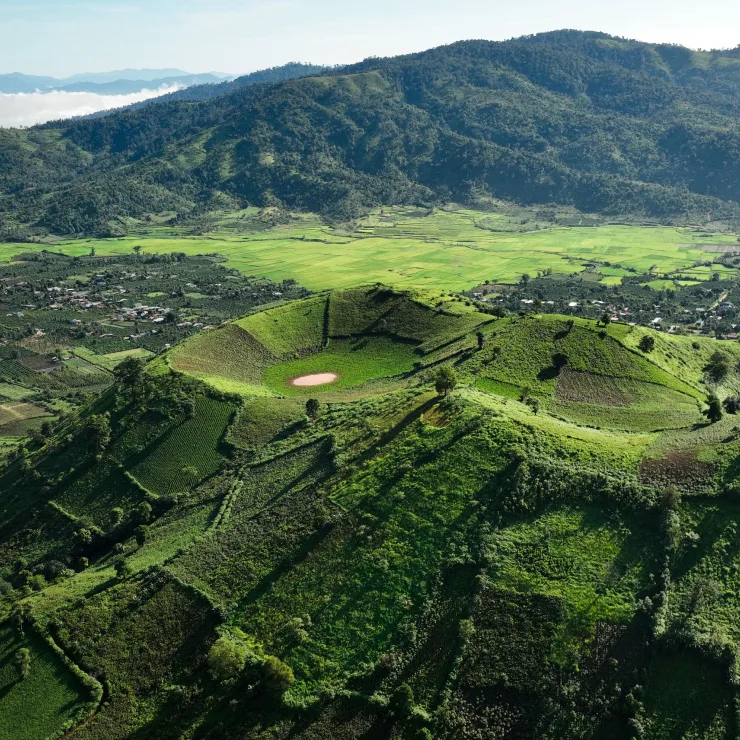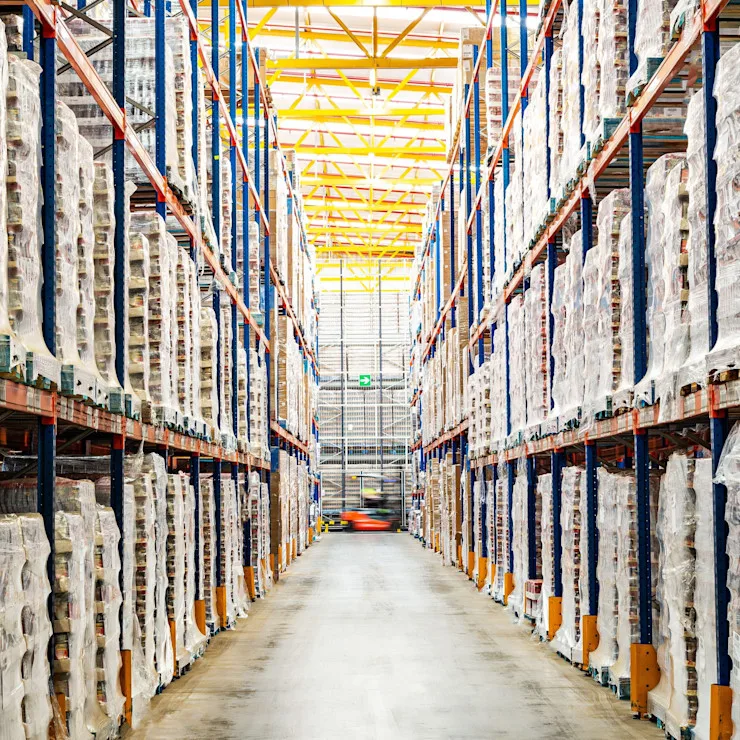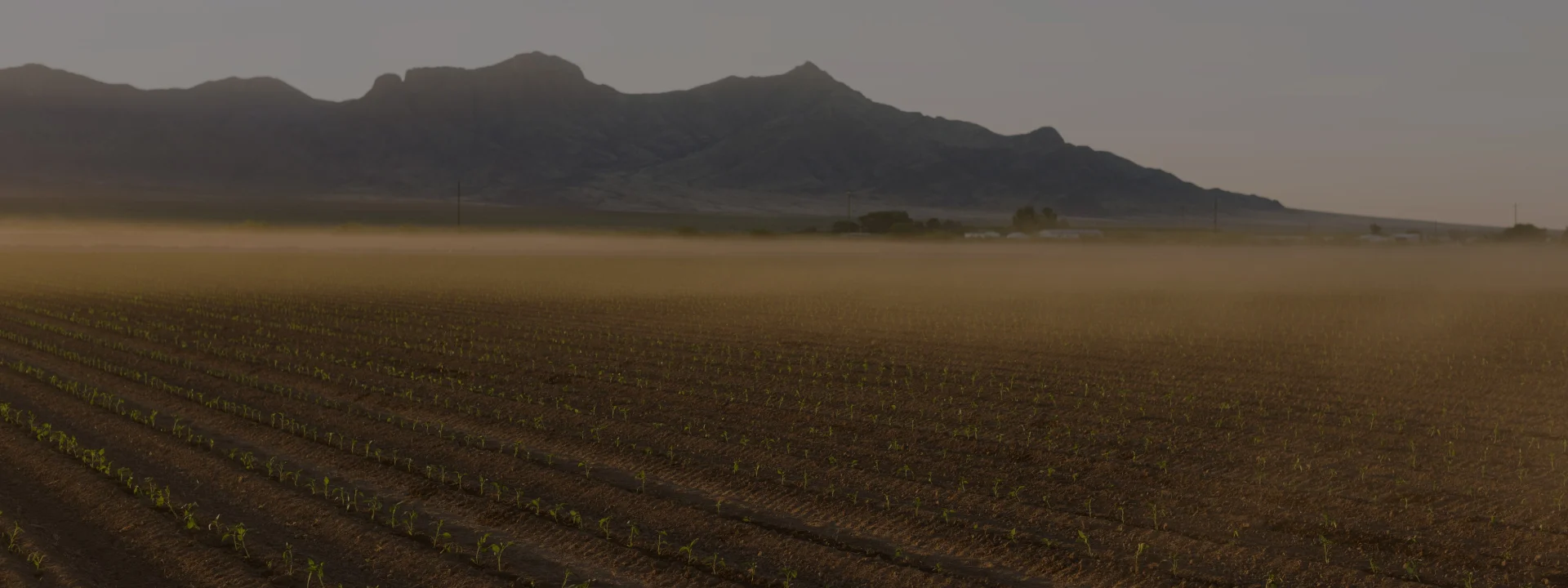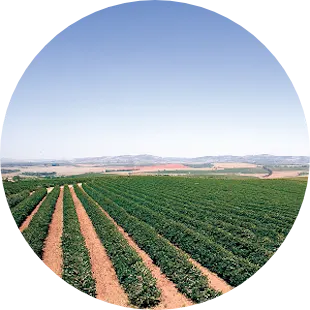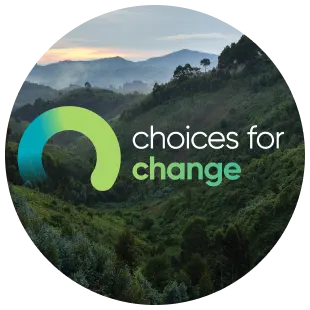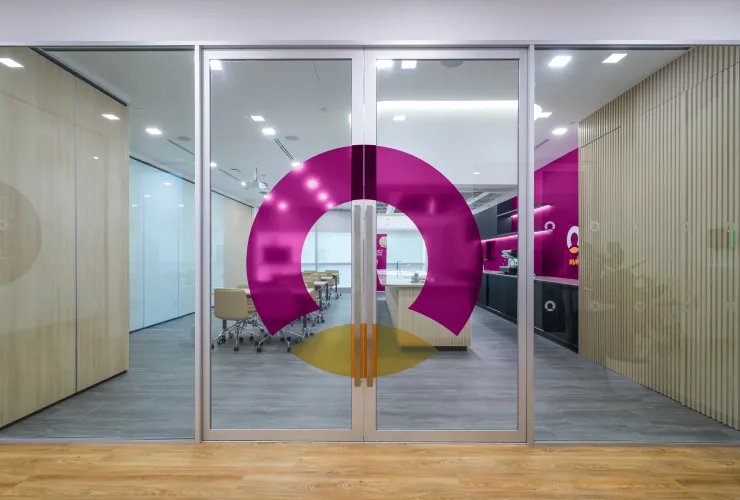ofi, which stands for Olam Food Ingredients, is a leading global supplier of high-quality food and beverage ingredients and solutions across a wide range of categories.
Originally part of Olam Group (OGL), Olam Food Ingredients became a distinct entity in January 2020, reborn as ofi. Olam Agri and Olam Group continue to operate separately.
Sourcing from 2.8 million farmers, we form partnerships at every step of the supply chain driving sustainable practices. Our global network ensures we can provide reliable supply at scale. And with more than 120 manufacturing facilities and 19 innovation centers around the globe, our ingredients and food and beverage solutions deliver for leading brands.
With a focus on having a positive impact on the world and the traceability to ensure it, we always make it real.




